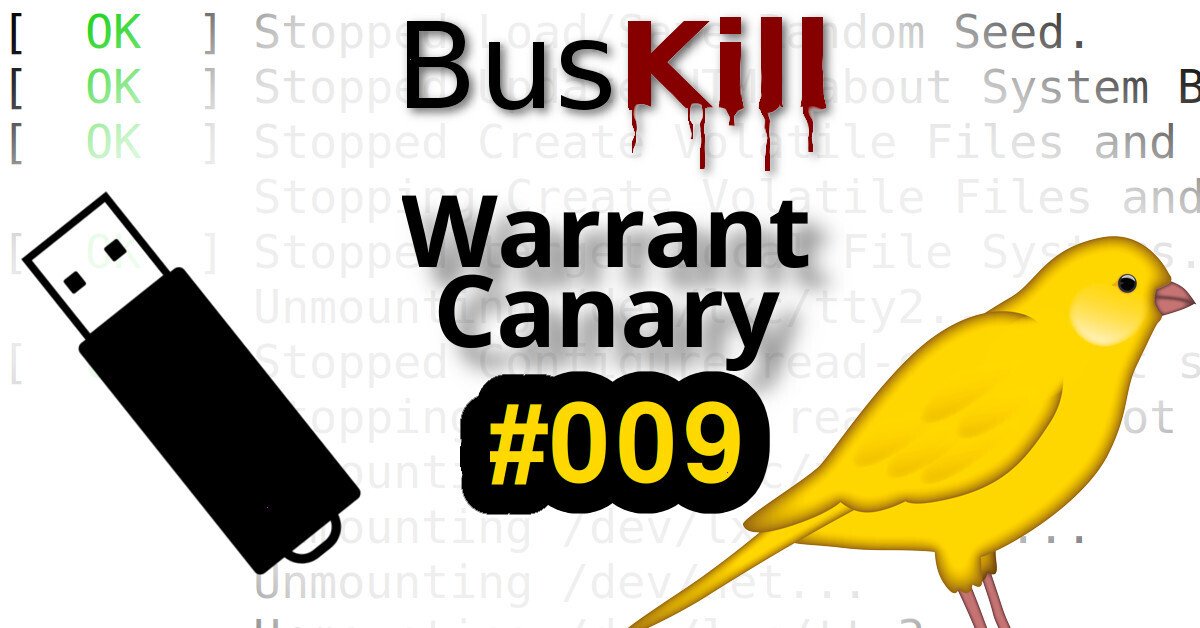Security
5832 readers
21 users here now
Confidentiality Integrity Availability
founded 5 years ago
MODERATORS
51
8
WhatsApp says journalists and civil society members were targets of Israeli spyware
(www.theguardian.com)
52
53
54
55
5
The Shadowserver Foundation Honeypot Feed is now integrated as a source of sightings in Vulnerability-Lookup
(www.vulnerability-lookup.org)
56
57
58
59
60
61
62
63
64
65
66
67
68
69
71
72
73
74
75








